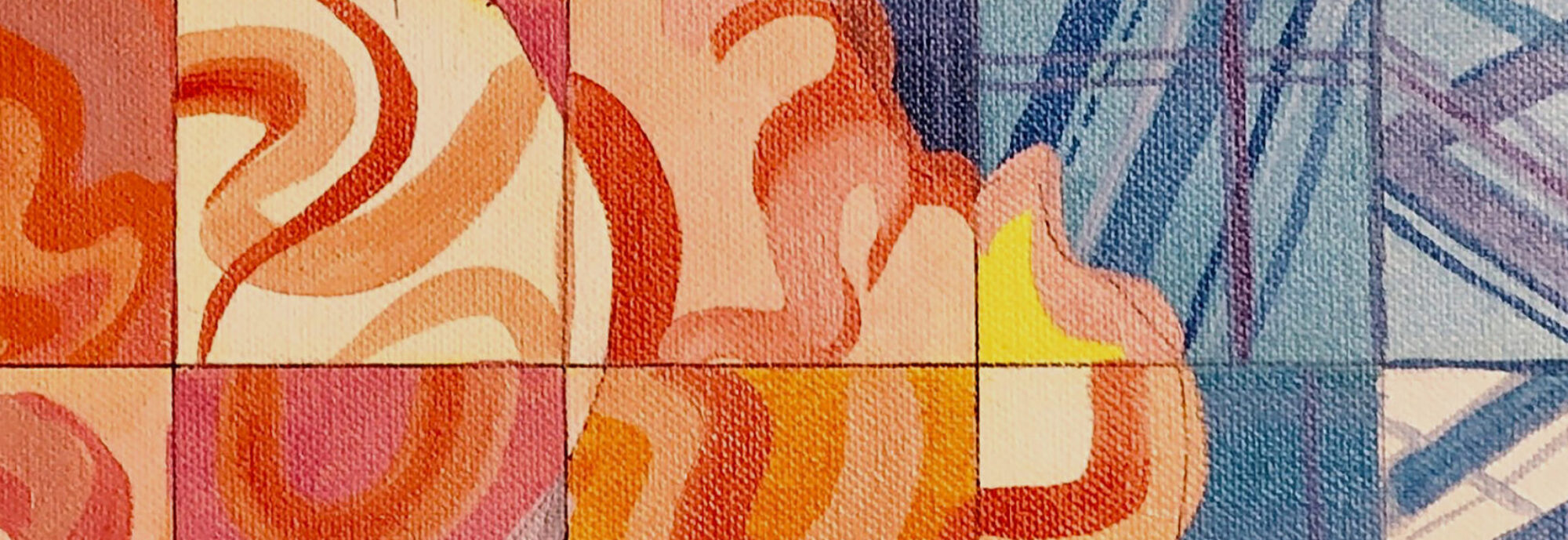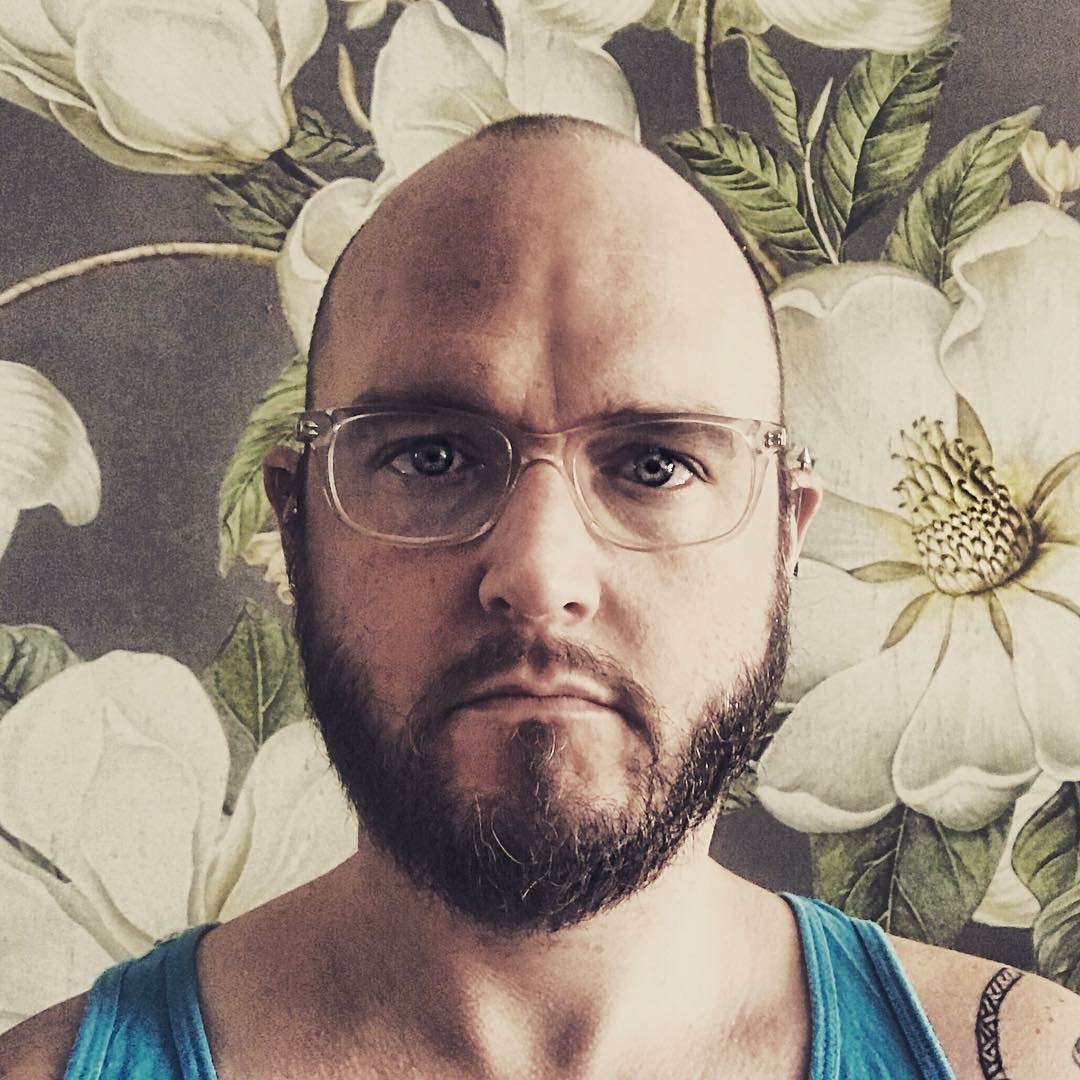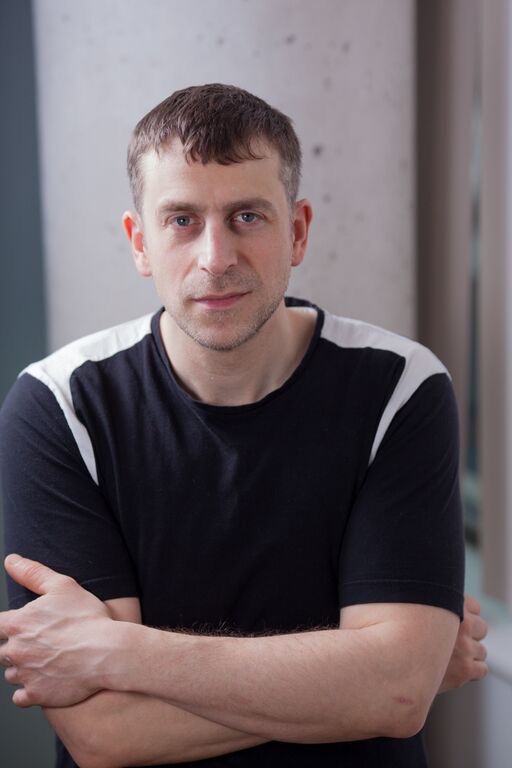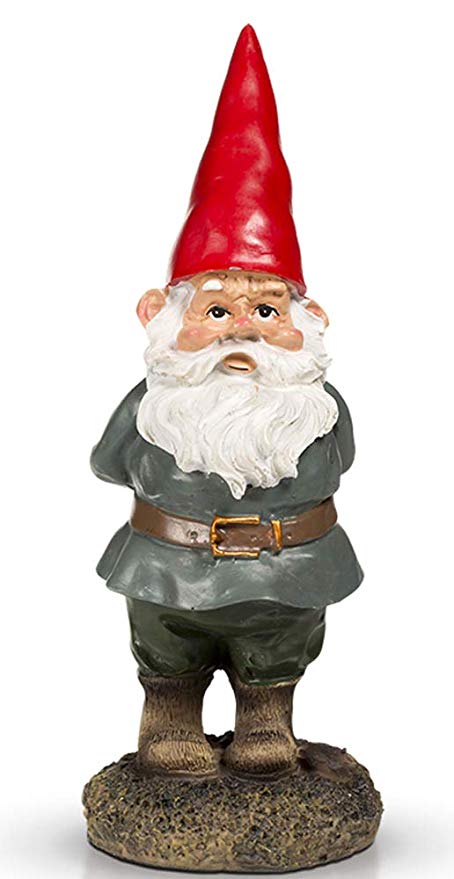KyKye: Paolo, the main character in your short story, “La Camaraderie du Cirque” has a complex relationship with his voice and the others he acquires. It makes me wonder how you, as the author, feel about your own voice. What is your relationship to your voice and how would you describe it?
Dave Ring: As a queer person, I’ve often questioned the gendered image that I share with the world. Voice is a part of that image. I’ve worked on a number of hotlines where callers assume your gender because of how you sound, and those assumptions have changed and informed my speaking in a lot of ways. And like many, when I hear my voice in a recording, I often find it intensely uncomfortable, since our head-voices are always different than how our voices are perceived by others. Paolo’s relationship with his voice is something like my own, but vastly amplified.
K: You are chair of the OutWrite LGBTQ Book Festival in Washington, DC. What is your favorite part about holding that position?
D: Volunteering for a big queer lit fest is pretty amazing, I have to say. It’s also a lot of work. The most rewarding aspects for me come from supporting local writers, but also hearing what folks get from attending and being part of a predominantly queer space.
K: What are you most proud of in your writing career so far?
D: I finished the first draft of a novel earlier this year. I’m still revising it, but writing “the end” on a novel was a longstanding dream/anxiety of mine. I’m proud to have gotten past it…making way for new dreams and anxieties.
K: Since you have experience in both, what do you like better– writing or editing? Why?
D: Perhaps others feel differently, but both forms serve my literary journey. Editing for me, with anthologies like Broken Metropolis and the novella series I’m putting out soon from Neon Hemlock Press, is about curating vital voices and lifting other writers up. Writing is about telling the stories I wish I’d heard before and contributing to the collective canon.
K: What is the most valuable writing lesson you’ve learned over the past year?
D: Don’t underestimate the power of literary community, in whatever sense gives you the most energy to work on the projects that matter most to you.
K: What do you hope your readers take away from your story, “La Camaraderie du Cirque?”
D: I’d like to deflect here… instead perhaps I can tell you what I take away from it? Reading it now reminds me of illicit thrills, and the impossibility of desire. What if the things you yearn for don’t give you peace? What if you were always running after the wrong fulfillment?
K: You write speculative fiction but if you could rewrite one thing about our current world, what would it be? D: I’d rewrite rules of power. Nihil de nobis, sine nobis writ large.



